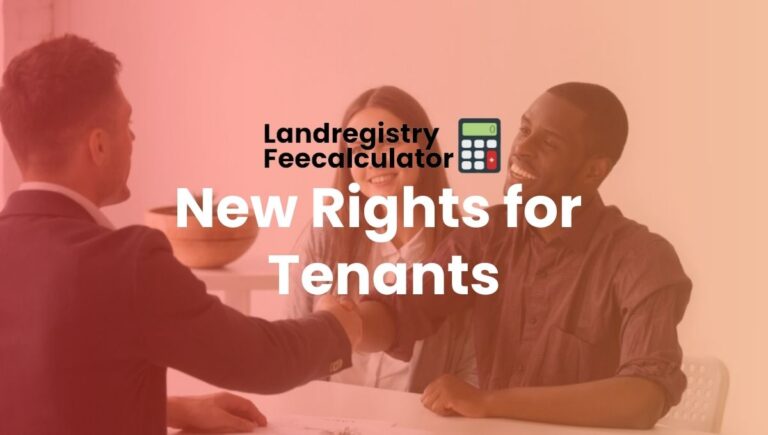Social housing plays an important role in providing shelter and security for millions of people. But recent events have also made it clear that tenants need better protections and better communication between residents and landlords.
In line with this requirement, the government has launched a consultation on the new rules. These rules will help social housing tenants get more information about their housing and the services they receive. In this post we will see what these new rules are and how important they are.
The Core of the Reforms
The government has proposed new rules to reform the social housing sector. These reforms aim to create greater openness and transparency and empower tenants.
What are the new rules:
Tenants will get free information: Tenants (or their representatives) will have the right to request free information about the management of their housing. It includes details on issues such as damp and mould, health and safety and repair times.
Tenants can ask for repairs sooner: New laws mandate that landlords fix emergency repairs within 24 hours. Tenants will be able to monitor their landlord’s performance and take legal action if necessary.
Tenants will have more information about their home ownership: Tenants will now have more information about their home ownership, allowing them to better control their homes.
These reforms are expected to significantly improve the social housing sector. Tenants will get better quality housing and have more control over the management of their housing.
Catalyst for Improvement
It is important for housing ownership organizations to publish information on their performance for a number of reasons such as it increases transparency, helps tenants assess the performance of their landlords and holds them accountable for maintaining a high standard of service.
If housing ownership organizations publish information on their performance, it helps tenants know what to expect from their landlords. This helps build trust and cooperation between tenants and landlords.
A Long-Awaited Response
These new rules address concerns raised by social housing residents, particularly following the Grenfell Tower tragedy. The incident highlighted the importance of open communication, tenant participation and a proactive approach to safety and maintenance in the social housing sector.
Baroness Scott’s Statement
Baroness Scott, Minister for Social Housing, highlighted the importance of the new rules to empower tenants:
“We are creating a culture of openness and transparency between social landlords and tenants,” she said. “By giving residents the tools they need to hold their landlords to account, we want to raise the standards to the high level they rightly expect.”
The reforms have been described as “the biggest government reform to affect social housing in a decade”. They aim to address systemic issues in safety, quality of housing and relationships between tenants and landlords.
Right to Information: What’s Changing for Tenants?
The Government is committed to transparency and this includes the right of tenants to access information about their housing:
What exactly is changing?
- Landlords must respond to requests for information, such as records of past repairs and safety inspections of their homes.
- Guidelines will be established to ensure that information is provided promptly and effectively.
- A complaint mechanism will be available for tenants who find it difficult to access information.
The government’s concrete steps to improve social housing
The government has shown a commitment to improving social housing and has decided to implement additional measures that go beyond RTI.
What’s new in this?
- Active regulation: A new consumer regulation regime has been established. The Regulator of Social Housing will regularly inspect large landlords to ensure that tenants live in decent housing and are treated fairly and respectfully.
- Awaab’s Law: This proposed law obliges landlords to determine hazards in social housing within a designated time frame. This will address issues such as damp and mold, which can pose serious health risks to tenants.
What are the benefits of these?
- Decent Housing for Tenants: Tenants shall have the right to live in clean, safe and healthy housing.
- Responsible Landlords: Landlords will be forced to maintain their properties well and treat tenants fairly.
- Equality and Dignity: All tenants will be treated with equality and respect.
The new rules focus on empowering social housing tenants. This includes providing them with the information they need and improving communication. It aims to make housing better, increase security for tenants and make the relationship between tenants and landlords transparent and accountable.
It is important to ensure that these reforms are effectively implemented. This will make the social housing sector work really well for its residents.
